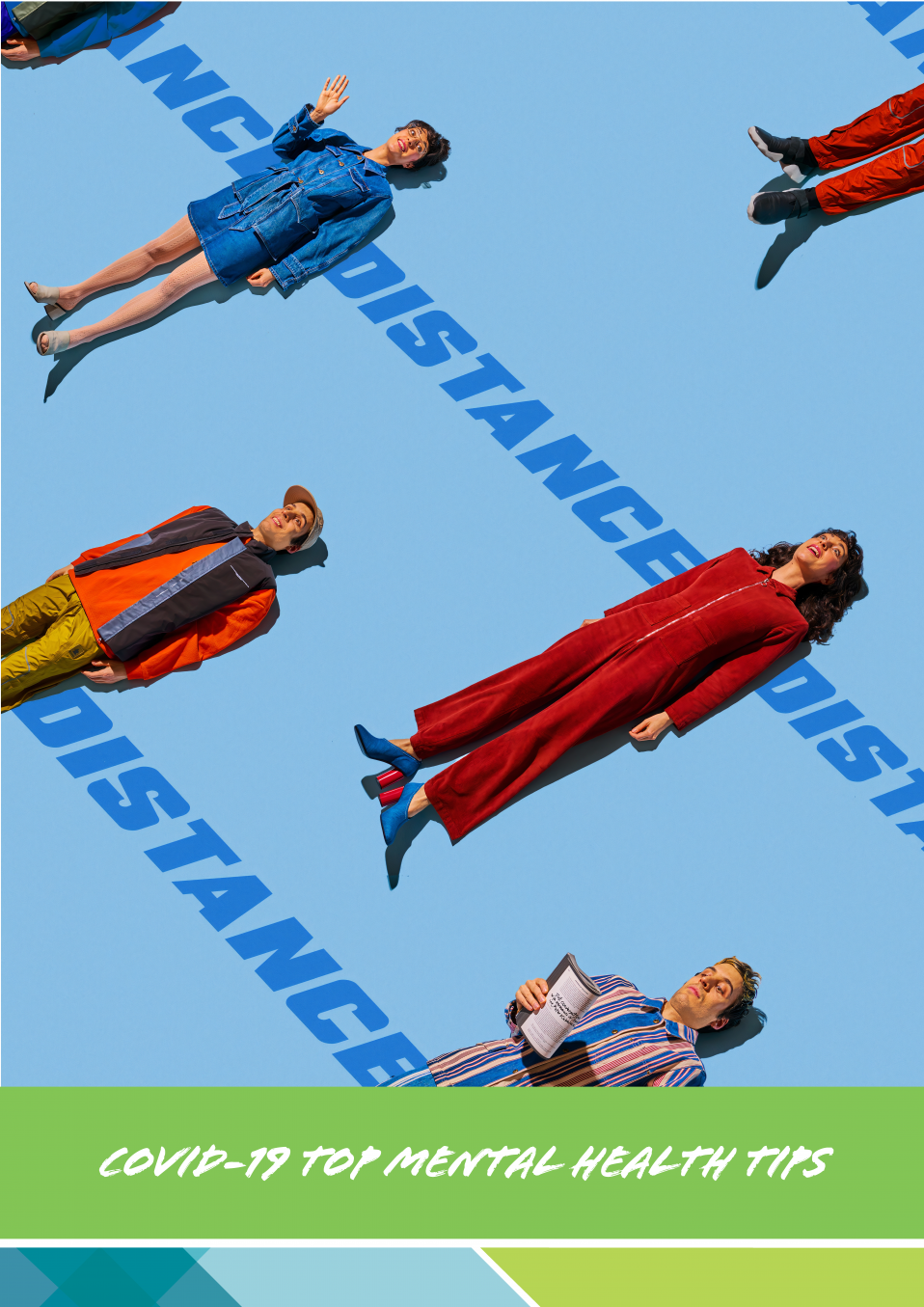Below are some tips and advice for helping yourself, your staff and your family to navigate the fallout from the current crisis. The list is not exhaustive, but aims to help you to maintain good mental health throughout. If you are running an organisation, be that a school, a business or CIC, the only advice we would give you is to continue to maintain open channels of communication with your teams, suppliers and stakeholders. No-one wants to be out of the loop at the moment, so show your teams that they are valued and keep in touch.
If you want to start a conversation with us today to discuss the ongoing support of your team with regards to mental health and wellbeing, something that is affecting more and more people as this crisis continues, then please get in touch with us. We have several online training courses that could help you.
- Stay connected – keeping in touch with people will help them and you to know the current situation, both at work and home. Set up a WhatsApp group, use Microsoft Teams or Google Hangouts to maintain regular contact with the people you usually see every day. Calls to family who are far away will also help you feel reassured about their safety and will likely help you feel calmer about things.
- Stay safe – following Government-led advice and your own common sense should help you reduce your risk of catching and then spreading Covid-19 among friends, family and colleagues.
- Maintain your health – there are already challenges when it comes to food and household supplies, so make do where you can. If you’re on mediation make sure you have plenty in stock and call on a friend or neighbour to collect it if you become unwell when it comes time to collect your next prescription.
- Exercise – we are not suggesting that you suddenly train like an Olympic athlete, but getting outside and getting some fresh air will do wonders for your mental and physical health. Play that yoga DVD you got for Christmas in 2018, jump on your bike and simply take a stroll around the garden (if you have one).
- Meditation and calming techniques – find time in every day to sit and let your mind rest. There are several apps which have offered free subscriptions in the coming months to help people manage the anxiety caused by Covid-19, so make use of them.
- Sleep and rest – trying to relax, rest and have a full night’s sleep might become tricky as your waking mind replays all of the news, difficulties and new challenges you will face. Talk through your concerns with your partner, a friend, a colleague, the likelihood is they will be feeling something similar. By ordering your thoughts you might be able to let go of somethings that are out of your control and focus on the things you can.
- Plan your day – working from home or staying at home with the kids is going to be new territory for some. It will take a few days to get into the new routine and it will likely feel odd. Give yourself a break. Set up a plan for yourself, your work or your family, like the one below:
My daily plan:
- Wake at usual time
- Yoga (15 minutes)
- Shower and dressed (not back into your PJs)
- Healthy breakfast
- Give the kids activities or set off school work
- Work 9 – 12
- Lunch with a walk around the block or play a game in the garden with the family
- Give the kids activities or set off school work
- Work 1 – 5
- Meditation
- Watch cartoons with the family
- Dinner
- Gym, walk, chores
- Read a book, relax to some music
- Bed


